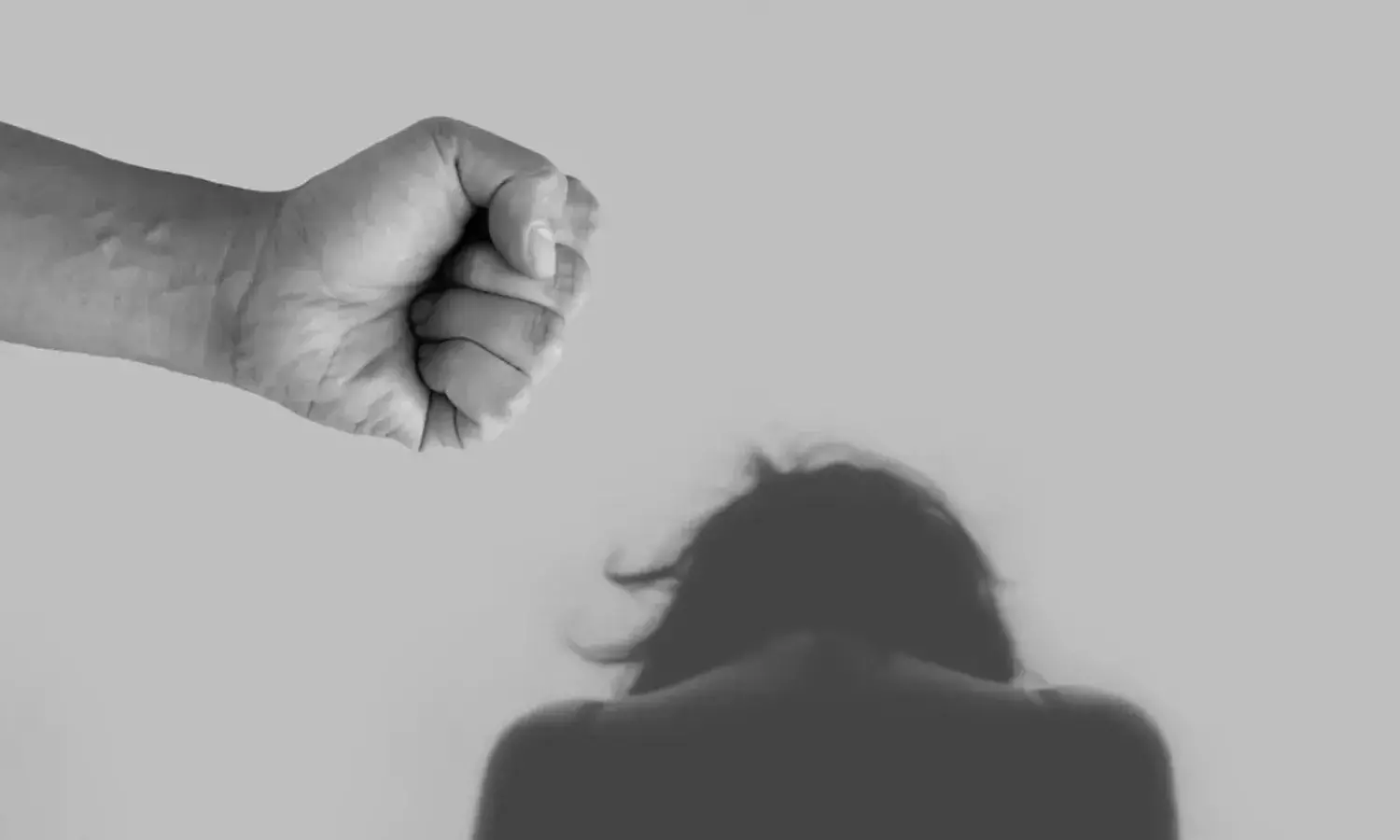Data Dive: More Women Own Houses, But Even More Think Domestic Violence is Justified
A deep dive into NFHS-5 data on gender-role attitudes and spousal violence reveals how domestic abuse towards women is rife in the country

Image: Pixabay
Indian women have grown financially more independent but when it comes to gender-role attitudes and domestic abuse, India is miles away from tackling it, show latest data from National Family Health Survey - 5 (NFHS-5).
More Indian women now have a bank account that they themselves use — 78.6% — which is a significant rise from 53% in 2015-16. Similarly, ownership of a house and/or land (alone or jointly with others) has increased from 38.4% to 43.3%.
While this shows financial growth, data also indicate a slight decrease in spousal violence — from 31.2% in 2015-16 to 29.3% in 2019-21. That said, the surveyors did a deeper analysis and found that a majority of women interviewed, feared their husbands most times and never sought help or told anyone about their ordeal.
FactChecker collated and analysed data available for 18 states between 2019 and 2021 on women empowerment and gender-based violence. Here's what we found:
Women Justify Domestic Violence More Than Men
Of the 18 states surveyed, women in 10 states agreed that a husband is justified in hitting or beating his wife. The surveyors got this in response to their question: "Percentage who agree that a husband is justified in hitting or beating his wife for at least one specified reason". The options provided were: 1) She goes out without telling him. 2) She neglects the house or children. 3) She argues with him. 4) She refuses to have sexual intercourse with him. 5) She doesn't cook properly. 6) He suspects her of being unfaithful and 7) She shows disrespect for in-laws.
Among women, Telangana ranked highest with 83.8% women justifying domestic abuse. This is followed by Andhra Pradesh (83.6), Karnataka (81.9%) and Manipur (65.9%).
When it comes to men, Karnataka led with 81.9% of them saying that husbands were justified in beating their wives. The southern state is followed by Telangana (70.4%), Andhra Pradesh (66.5%) and Kerala (62.7%)
On the other hand, Himachal Pradesh registered the lowest figures with both men and women justifying domestic violence the least, 14.2% and 14.8% respectively, among the 18 states. The most common reasons cited to justify domestic abuse were: showing disrespect to in-laws and neglecting the house and children.
Further, 32.3% men in Karnataka and 32% men in Mizoram said they have the right to reprimand their wives if she refused to have sex with them. Karnataka also led in men saying they would refuse to give financial support (27.1%) and/or use force to have sex (30.7%) with their wives if she refuses. On the other hand, Manipur (35.5%) led in men saying they would have sex with another woman if their wives said no.
In 11 of the 18 states surveyed, both rural men and women led in justifying domestic abuse. When looked at the numbers per religion, the survey revealed that Christian men justified such violence the most in three states —Karnataka (85.9%), Andhra Pradesh (80.1%) and Telangana (72.7%). In Karnataka, Christians were followed by 83.2% Hindu and 72.4% Muslim men. Moreover, three states saw Buddhist men justify domestic violence the most — Mizoram (57.4%), Sikkim (45.1%) and Maharashtra (41.6%).
Karnataka Leads in Emotional, Physical, Sexual Violence
Around 48% of the women surveyed in Karnataka said they had faced some form of physical, emotional and/or sexual abuse, which is the highest in the country. This was followed by Bihar (42.5%), Manipur (41.7%) and Telangana (40.2%). Whereas, such responses were the lowest in Goa (9.7%), Himachal Pradesh (10.2%) and Nagaland (10.9%).
Notably, another section NFHS-5 covered under forms of spousal violence is 'any violence by women against their husband'. Under this too, Karnataka leads with 5.4%, followed by Telangana (5.1%) and Manipur (4.4%).
When it comes to injuries to women due to spousal violence, Telangana leads with 60.9% women reporting any one of the injuries such as cuts, bruises, aches, minor or severe burns, eye injuries, dislocations, sprains, deep wounds and broken bones or teeth. Telangana is followed by Andhra Pradesh (60.2%), Gujarat (58.3%) and West Bengal and Karnataka, which reported nearly 52% of women saying they were injured.
Most women surveyed in West Bengal (85%) said they had faced emotional, physical or sexual violence due to their husband's frequent alcohol consumption. Bihar (84.4%) and Maharashtra (78.9%) came a close second and third.
Most Women Never Sought Help
Fear runs deep among women who have suffered emotional, physical or sexual abuse as a majority of women said they were afraid of their husbands most of the time. Telangana (74.5%) led in this category, followed by Karnataka (72.2%) and Tripura (64%).
Data showed that most women never sought help or told anyone about the violence meted out against them. This was most prevalent in Jammu & Kashmir and Manipur with nearly 84% women not sharing their ordeal with anyone, followed by Bihar (81.8%) and Assam (81.2%).
On the other hand, Kerala saw the highest share of women (23.8%) that did seek help, followed by Telangana (21%) and Mizoram (18.5%). Among those who sought help, the majority confided in their own family, then their husband's family, then friends, neighbours and lastly the police.


